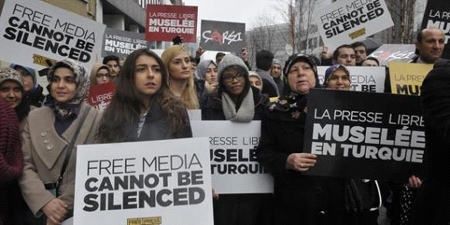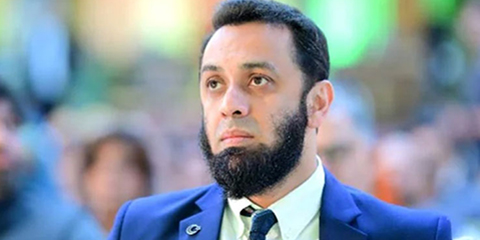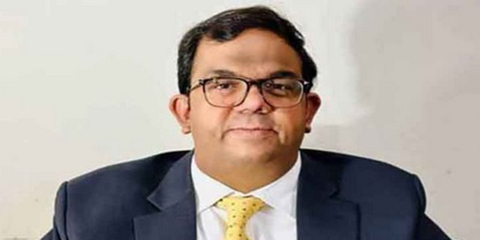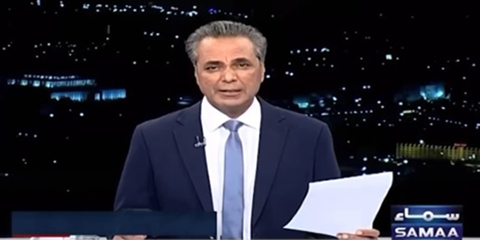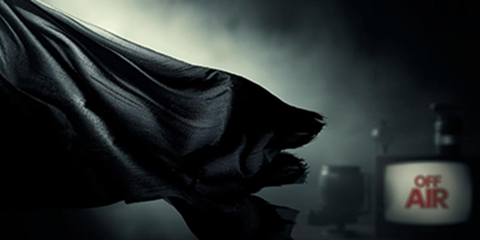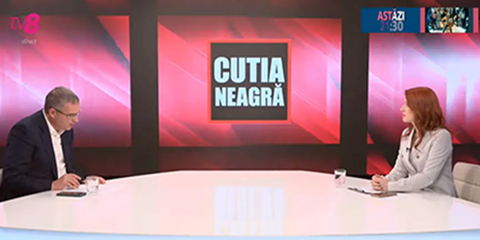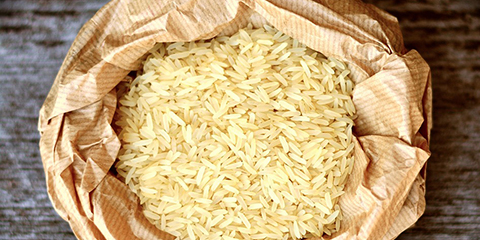Turkey 'silencing' independent media: Human Rights Watch
JournalismPakistan.com |
Published 8 years ago
Join our WhatsApp channel
ANKARA - Human Rights Watch on Thursday accused Turkey of "silencing" independent media in its bid to prevent scrutiny or criticism of its huge crackdown following the failed July coup.
Human Rights Watch cites the arrests of staff of the daily Cumhuriyet as an example of Turkey's "silencing" of independent media.
In a report, the US-based rights watchdog said Turkey's "assault" on critical journalism had accelerated since the attempted overthrow of President Recep Tayyip Erdogan - but said it began several years earlier and had steadily "sharpened" since 2014.
HRW said journalists it spoke to described "the stifling atmosphere in which they work and about the rapidly shrinking space for reporting on issues the government does not want covered."
The Turkish government insists it does not attack the press or journalists, often saying there is no problem with press freedom. The Turkish authorities had no immediate reaction to the report.
Since mid-July, 140 media outlets and 29 publishing houses had been shut down under regulations imposed under a post-coup state of emergency, leaving over 2,500 journalists and media workers unemployed, HRW said.
The state of emergency was renewed for another three months in October.
Just one of the emergency decrees involved the closure of 131 media outlets over alleged links to Islamic cleric Fethullah Gulen, whom Ankara has accused of ordering the putsch.
Gulen, who lives in self-imposed exile in Pennsylvania, strongly denies the charges.
The rights group said Ankara's crackdown did not only affect those with alleged links to the coup-plotters, but also pro-Kurdish media and independent voices critical of the government.
Some 14 such media outlets have been shut down "effectively wiping out all media with a following among the Kurdish minority in Turkey," the report said.
Accusing the government of using the criminal justice system as a tool against the media, HRW gave the example of the October arrests of 12 senior staff of the opposition daily Cumhuriyet, including its editor-in-chief.
They are accused of committing crimes on behalf of Kurdish militants and Gulen's followers.
HRW also flagged physical attacks on journalists, accusing the government of interfering with editorial independence and pressurising outlets to sack critical journalists.
"Keeping 148 journalists and media workers in jail and closing down 169 media and publishing outlets under the state of emergency shows how Turkey is deliberately flouting basic principles of human rights and rule of law central to democracy," said HRW's Europe and Central Asia director Hugh Williamson.
HRW spoke to 61 journalists, editors, lawyers and press freedom activists as well reviewing court documents relating to the prosecution and jailing of journalists and media workers.
The report comes after Reporters Without Borders (RSF) said this week Turkey had become the "world's biggest prison for the media profession" leading to the increase in overall detentions of journalists worldwide. - AFP/Image: milletpress.com
Don't Miss These
Why only Nukta, Mr. Minister? Media workers question government's selective support
November 06, 2025:
Information Minister Attaullah Tarar’s job offer to Nukta staff draws criticism as hundreds of journalists across Pakistan face layoffs, salary delays, and job insecurity.
Information Minister Tarar announces jobs for all 37 laid-off Nukta employees
November 06, 2025:
Information Minister Attaullah Tarar announces jobs for 37 laid-off Nukta employees, saying they will be placed at digital platforms within 48 hours amid growing media uncertainty.
Faisal Chaudhry’s viral one-liner on G for Gharidah steals the show
November 05, 2025:
PTI’s Faisal Chaudhry’s witty reply to Gharidah Farooqi on GTV’s “G for Gharidah” goes viral as a clip from their debate over the 27th Amendment sparks reactions online.
A digital dream falters: Nukta cuts 37 jobs in Pakistan after only one year
November 05, 2025:
Digital platform Nukta lays off 37 employees in Pakistan, including journalists and producers, highlighting the financial struggles facing new media ventures in a shrinking job market.
Talat Hussain says offensive viral clip was edited out, not aired on Samaa TV
November 04, 2025:
Talat Hussain denies airing the viral clip showing Sher Afzal Marwat’s vulgar remark, saying it was not part of his Samaa TV show.
PFUJ recalls November 3, 2007 emergency as Pakistan’s darkest day
November 03, 2025:
PFUJ recalls November 3, 2007, as Pakistan’s darkest day under Musharraf, urging protection for journalists and the abolition of laws threatening press freedom.
PFUJ calls for end to Impunity for Crimes Against Journalists
November 02, 2025:
PFUJ urges Pakistan’s federal and provincial governments to end Impunity for Crimes Against Journalists and ensure their safety and press freedom.
Global impunity for journalist murders worsens as Pakistan sees 60 percent rise in attacks
November 02, 2025:
Impunity for crimes against journalists deepens worldwide as Pakistan reports a 60 percent surge in attacks and weak enforcement of safety laws.




